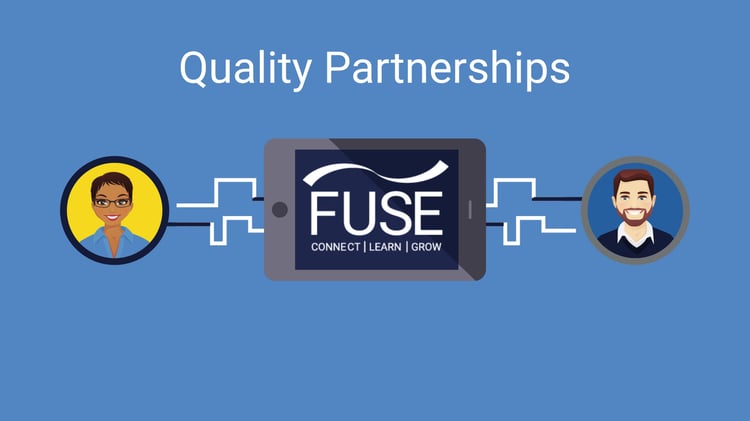When talking about digital transformation and its benefits, it’s easy to focus almost solely on the technology. After all, a lot of technology is required to implement Industry 4.0 initiatives, from cloud servers, to “smart” Internet-connected monitors on your critical systems.
However, technology is only part of the digital transformation. Industry 4.0 is also intensely people-focused, because implementing these new strategies is truly a group effort. It requires a lot of training, reeducation, communication, and even a willingness to set aside some old ideas about business practices.
Companies who focus on the human element in their transformative upgrades will be much more likely to see the changeover occur with fewer problems, leading to faster returns.
Four Important Elements In Creating A People-Focused Digital Transformation
1. Put a strong focus on outreach and engagement
Most companies implementing digital strategies need to “sell” those strategies to their own workforce, to prevent internal friction. The better a company is at communicating its overall plan, and the benefits that everyone will see from digital transformation, the easier the entire process is going to go. You might even consider getting your marketing team in on the project, preparing in-house outreach material.
2. A diverse workplace leads to agile operations
“Diversity” sometimes gets a bad rap, but it’s critical to digital transformation. One of the most important reasons to embrace Industry 4.0 processes is that they make larger organizations far more agile, and able to keep up with the fast-moving / fast-changing startups who are disrupting almost every industry.
But to have agile thinking, you must have agile thinkers. A diversity of people, opinions, approaches, and life experiences will lead to more creative solutions being discovered, and faster implementation of those solutions. In nature, monocultures tend to fail, and that’s becoming true in business as well.
3. Give workers more responsibility
Another critical aspect of agile operations is a workforce which is empowered to make rapid decisions, when needed, without having to go through excessive bureaucracy. Obviously, they can’t be empowered to do everything for themselves, but the process of having new ideas and approaches approved needs to be streamlined – and workers need to understand that their contributions will be valued.
4. Reward success rather than punishing failure
This is a tricky topic, because few companies like to “prepare for failure.” However, that’s something of a fact of life for an agile company. Sometimes you’ll take a gamble, and it doesn’t pay off. This should not, by itself, be used as a reason to punish the people involved. If people think that taking a risk will endanger their career, they simply won’t take the risk – and that means the status quo gets upheld, even if that status quo is being threatened by new ideas.
Within reason, it’s much better to focus on learning from mistakes, while doling out rewards to those who succeed. That incentivizes out-of-the-box thinking, rather than discouraging it.
FUSE Energizes Your Human Element
FUSE by LogicBay is a first-of-its-kind open platform designed specifically for growing business ecosystems, while enabling the robust communication and collaboration which is necessary for a modern operation to remain agile. We can help make your digital transformation go more smoothly!
To learn more, just sign up for a free account, or contact us with your specific needs.

